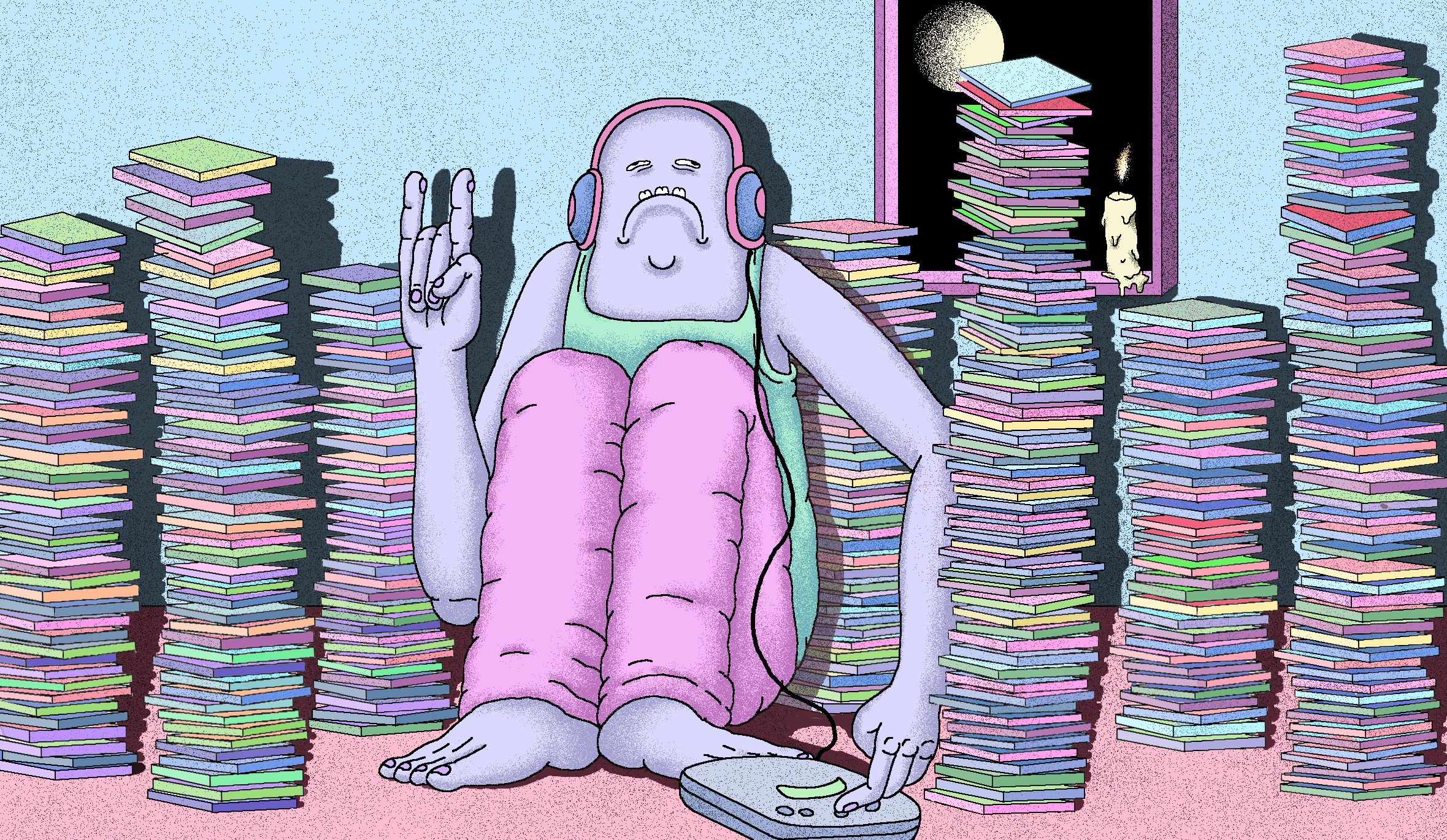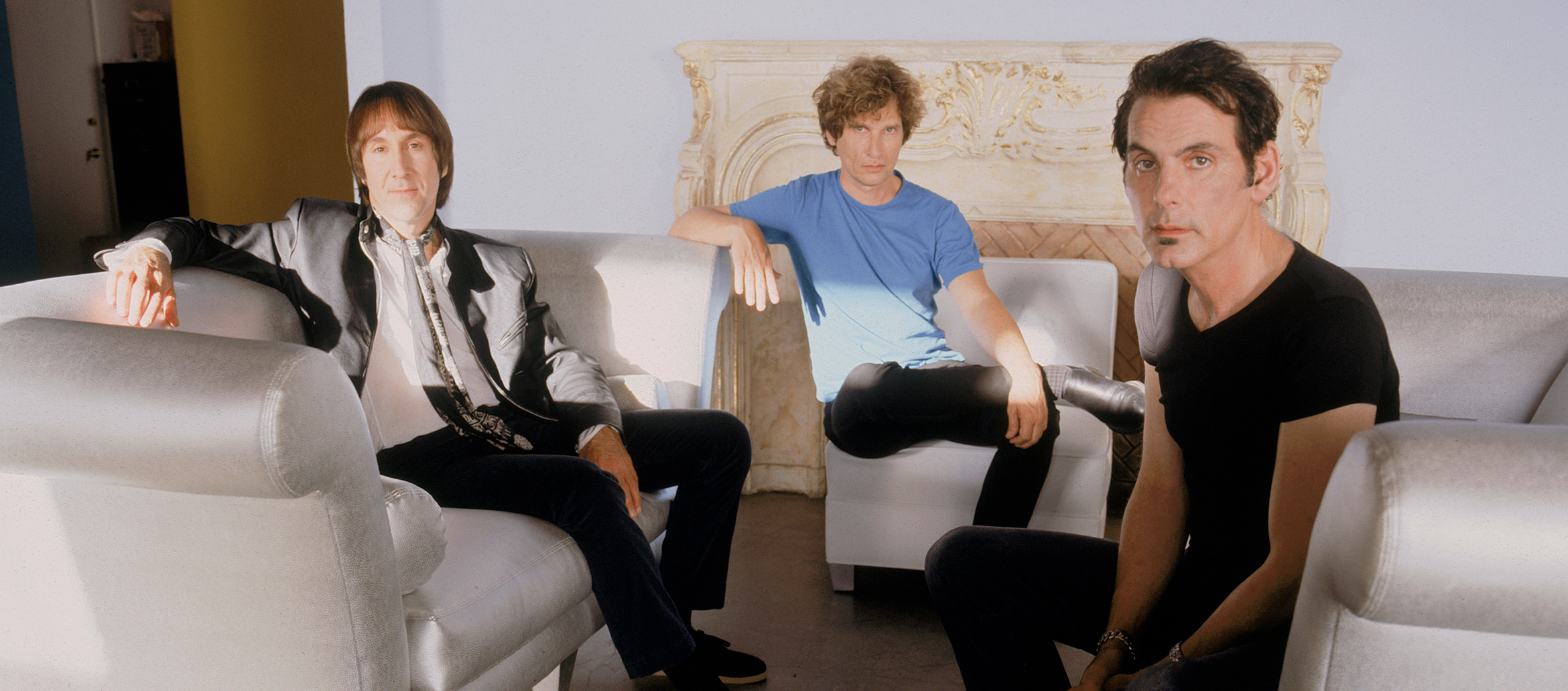
Script error: No such module "Check for unknown parameters". Script error: No such module "Footnotes". Power pop was also noted for its lack of irony and its reverence to classic pop craft. This might be achieved with an unexpected harmonic change or lyrics that refer to "tonight", "tomorrow night", "Saturday night", and so on. Script error: No such module "Check for unknown parameters".Īn essential feature of power pop is that its cheerful sounding arrangements are supported by a sense of "yearning", "longing", or "despair" similar to formative works such as " Wouldn't It Be Nice" (The Beach Boys, 1966) and " Pictures of Lily" (The Who, 1967). Virtually every artist of the genre has been a rock band consisting of white male musicians who engaged with the song forms, vocal arrangements, chord progressions, rhythm patterns, instrumentation, or overall sound associated with groups of the mid-1960s British Invasion era. AllMusic describes the style as "a cross between the crunching hard rock of the Who and the sweet melodicism of the Beatles and the Beach Boys, with the ringing guitars of the Byrds thrown in for good measure". Power pop is a more aggressive form of pop rock that is based on catchy, melodic hooks and energetic moods. 2.3 1970s–1980s: Commercial peak and declineĭefinition and etymology Characteristics.In the mid-1990s, an offshoot genre that combined power pop harmonies with uptempo punk, dubbed " pop-punk", reached mainstream popularity. Although not as successful as their predecessors, Jellyfish, the Posies, Redd Kross, Teenage Fanclub, and Material Issue were critical and cult favorites. The 1990s saw a new wave of alternative bands that were drawn to 1960s artists because of the 1980s music they influenced. Over subsequent decades, power pop continued with modest commercial success while largely remaining an object of critical derision. After a popular and critical backlash to the genre's biggest hit, " My Sharona" (The Knack, 1979), record companies generally stopped signing power pop groups, and most of the 1970s bands broke up in the early 1980s. Power pop reached its commercial peak during the rise of punk and new wave in the late 1970s, with Cheap Trick, the Knack, the Romantics, Nick Lowe, Dave Edmunds, and Dwight Twilley. Subsequent artists occasionally drew from developments such as new wave, punk, glam rock, pub rock, college rock, and neo-psychedelia. The sound of the genre became more established thanks to early 1970s hits by Badfinger, the Raspberries, and Todd Rundgren.

However, the term became more widely identified with subsequent artists from the 1970s who sought to revive Beatles-style pop.

The term "power pop" was coined by the Who's Pete Townshend in 1967 to describe their style of music.

The genre typically incorporates melodic hooks, vocal harmonies, an energetic performance, and cheerful sounding music underpinned by a sense of yearning, longing, or despair. It originated in the 1960s and developed mainly among American musicians who came of age during the British Invasion as they began to rebel against the emerging pretensions of rock music. based on the early music of bands such as the Who, the Beatles, the Beach Boys, and the Byrds. Power pop (also typeset as powerpop) is a form of pop rock Script error: No such module "Footnotes".

Mid-1960s – early 1970s, United States and United Kingdom


 0 kommentar(er)
0 kommentar(er)
